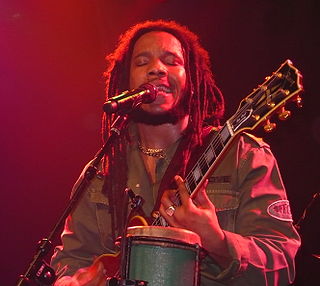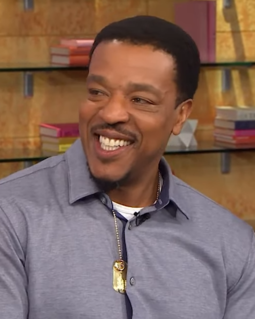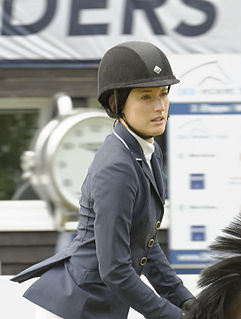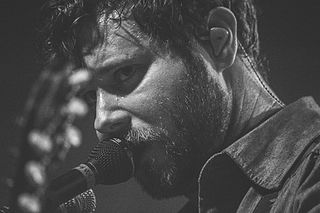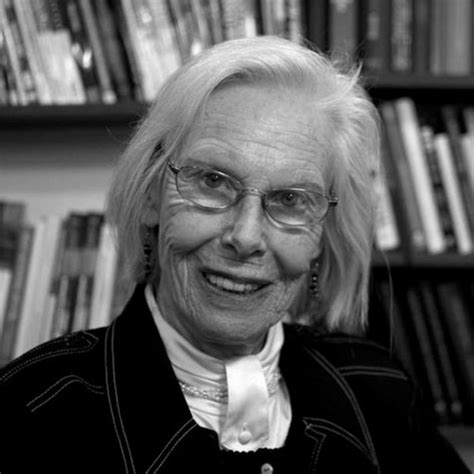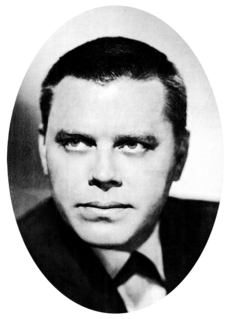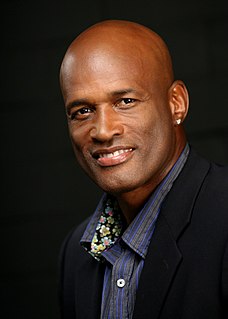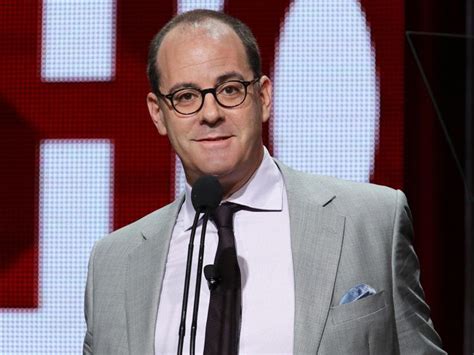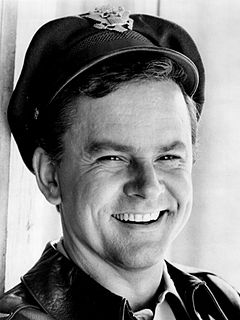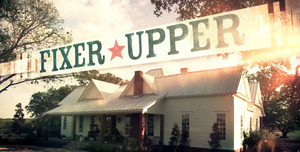Top 291 Picket Fences Quotes & Sayings - Page 4
Explore popular Picket Fences quotes.
Last updated on December 18, 2024.
Yeah, you got the family dog and the white picket fence, and you just think that's all there is. Some of us had to grow up in poverty-stricken urban neighborhoods, and we just had to adapt to our environment. I know that it's wrong. But people act like it's some crazy thing they never heard of. They don't know.
So it seems that because of every syndrome and disorder we've invented in the past twenty years, the Los Angeles Times reported that 63% of American families are now considered dysfunctional. My God! That means we're the majority. We're normal! It's the people who have the mommy, the daddy, the brother, the sister, the little white picket fence - those people are the freaks, man!
Every sport has its dangers. I've been pretty lucky, knock on wood. But I've had really confident, brave and smart horses growing up, which I think is important when you're young. You are working with massive animals over big fences, and especially at this top level, there is really no room for error.
When you have a young kid you can't go out much at night, so I spent a lot of time at home, watching movies and cooking dinner with my wife. It felt like what most people experience. White picket fence stuff.So there was some enjoyment of that normalcy, but I have to admit that part of me missed the chaos of touring. I think it's about balance.
The Huffingtonpost.com does not pay its writers. Tina Brown's thedailybeast.com does pay its writers. You have to be paid because this is not a hobby. You have to keep that standard. You can't ask grandpa to loan you money because you have to go to Afghanistan. I walked the picket line for that to continue.
I was a blue-eyed, chubby-cheeked five-year-old when I joined my family on the picket line for the first time. My mom made me leave my dolls in the minivan. I'd stand on a street corner in the heavy Kansas humidity, surrounded by a few dozen relatives, with my tiny fists clutching a sign that I couldn't read yet: 'Gays are worthy of death.'
It just happened that we did [Fences] seven years ago on Broadway. Scott Rudin brought me August Wilson's original screenplay for it, and I realized I hadn't read the play. So I read it. Then I realized that Troy (my character) was 53 - and I was 55 at the time. I realized I better hurry up! I might be too old!
My stories are of gas chambers, shootings, electrified fences, torture, scorching sun, mental abuse, and constant threat of death. But they are also stories of faith, hope, triumph, and love. They are stories of perseverance, loyalty, courage in the face of overwhelming odds, and of never giving up!
But along with all of that it was, "Oh, isn't he a great storyteller? Oh, it's that why I married him? Isn't he handsome? Oh, what am I going to make for dinner today?" I put all of that as a part of [Roses's from "Fences"] inner everyday monologue so, by the time he tells he that news and all of that I feel that it's there already.
History is instructive. And what it suggests to people is that even if they do little things, if they walk on the picket line, if they join a vigil, if they write a letter to their local newspaper. Anything they do, however small, becomes part of a much, much larger sort of flow of energy. And when enough people do enough things, however small they are, then change takes place.
If they want to come out and watch me paint or dig potatoes or mend fences, I don't care. I don't do interviews not because I have anything to hide, but when you retire, the word has a meaning to me. It's a place in life, a part of the journey. You just don't quit work. You develop an attitude where you can do what you please.
The thing that happens is that politicians run on tough-on-crime rhetoric. You appeal to the public and say, 'Let's put more money into taller fences, tougher laws, tougher sentencing, handcuffs,' and where does that money come from? Well, immediately, it comes out of all the money needed for corrections.
I wanted to live in the suburbs and have a white picket fence and my own bedroom. And a staircase - I thought having a staircase meant that you were a normal family. I thought somehow if you could transplant us to the suburbs, we would become a normal family. But in retrospect, I'm so grateful I grew up in the Chelsea.
And if these mountains had eyes, they would wake to find two strangers in their fences, standing in admiration as a breathing red pours its tinge upon earth's shore. These mountains, which have seen untold sunrises, long to thunder praise but stand reverent, silent so that man's weak praise should be given God's attention.
I had the kid [on "Fences" ] who understudied me so I could stand back and think about shots so he had to learn the blocking and everything. I'd come in early sometimes, and they 'd be in there rehearsing and working on their stuff. I didn't want them to feel like, "Oh these are people who can't be touched." We're all working actors; we're all trying to get better.
After school the very next day, El Rey's mobile home was gone. I laid in bed and wondered what happens to people when they go, if they become like shadows, if they fade away when they disappear from your life. The only thing I could see was the broken picket fence. The only sound I could hear was the cry of birds being killed in the night.
Whenever people would speculate about the death of my grandfather it was always this very retributive thing. That they were going to picket his funeral after all the things that he had done to so many other people. That vindictiveness is obviously completely understandable. It would make perfect sense.
Government usually doesn't work. It doesn't work because it is political. People who are wise, good, smart, skillful, or hardworking don't need politics, they have jobs. The difference between the political process and an honest life is the difference between parading around waving picket signs while hollering catcalls in front of the White House and getting up in the morning to go make a living.
The issue of migration has played a key role in all of our member states, wherever we are. Only we, as a European Union, can convince our citizens that we do have an answer to this - not deny migration, not pretend you can solve it by building fences and walls, not pretending we can solve it by letting everybody in.









